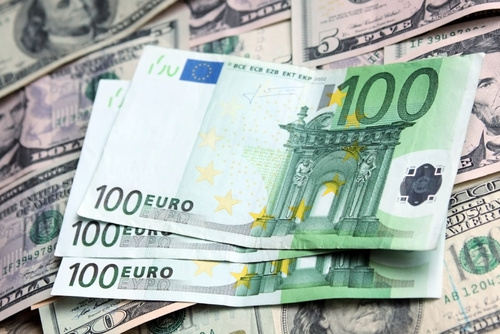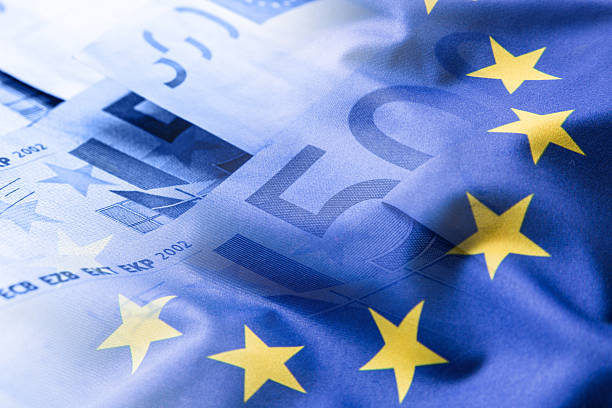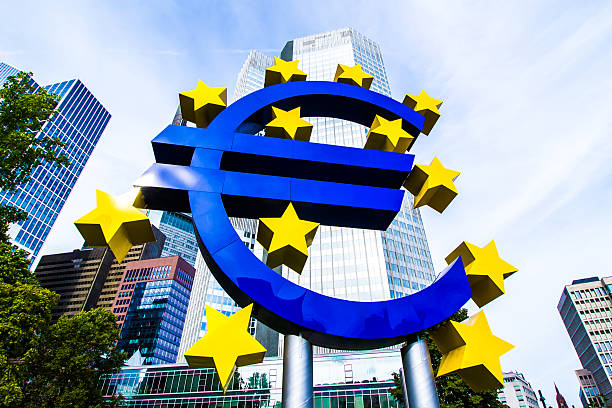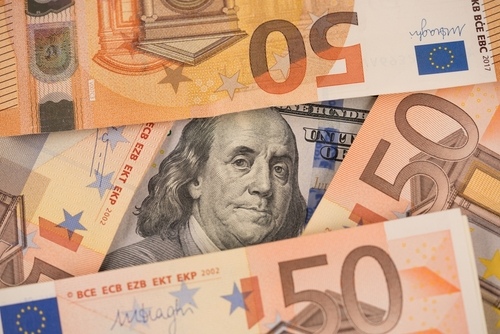EUR/USD rises to near 1.0550 after rebounding from yearly lows

- EUR/USD gains ground as the US Dollar Index pulls back from a yearly high of 107.06.
- Fed’s Powell stated that US economic performance has been "remarkably good," allowing lowering rates gradually.
- The ECB’s October Monetary Policy Meeting Accounts indicated increasing consideration of rate cuts with caution about domestic inflationary pressures.
EUR/USD breaks its five-day losing streak, trading around 1.0540 during the Asian session on Friday. This rebound is likely due to a downward correction in the US Dollar (USD) following comments from Fed Chair Jerome Powell. Powell stated that the recent performance of the US economy has been "remarkably good," allowing the Federal Reserve the flexibility to gradually lower interest rates.
Additionally, the US Producer Price Index (PPI) rose by 2.4% year-over-year in October, up from a revised 1.9% increase in September (previously 1.8%) and surpassing market expectations of 2.3%. Meanwhile, the Core PPI, which excludes food and energy, increased by 3.1% YoY, slightly above the forecasted 3.0%.
The US Dollar Index (DXY), which tracks the US Dollar's performance against six major currencies, has pulled back from its yearly high of 107.06 recorded on Thursday. This decline is attributed to a slowdown in "Trump trades." At the time of writing, the DXY trades near 106.80.
European Central Bank (ECB) board member Isabel Schnabel stated on Thursday that interest rate changes should remain the ECB's primary policy tool, while bond purchases and forward guidance should be used more sparingly.
The ECB’s October Monetary Policy Meeting Accounts indicated increasing consideration of rate cuts. However, ECB officials remain cautious about domestic inflationary pressures, citing strong wage growth and sluggish labor productivity. The ECB emphasized the need to gather more data before implementing any policy changes.
Euro FAQs
What is the Euro?
The Euro is the currency for the 19 European Union countries that belong to the Eurozone. It is the second most heavily traded currency in the world behind the US Dollar. In 2022, it accounted for 31% of all foreign exchange transactions, with an average daily turnover of over $2.2 trillion a day. EUR/USD is the most heavily traded currency pair in the world, accounting for an estimated 30% off all transactions, followed by EUR/JPY (4%), EUR/GBP (3%) and EUR/AUD (2%).
What is the ECB and how does it impact the Euro?
The European Central Bank (ECB) in Frankfurt, Germany, is the reserve bank for the Eurozone. The ECB sets interest rates and manages monetary policy. The ECB’s primary mandate is to maintain price stability, which means either controlling inflation or stimulating growth. Its primary tool is the raising or lowering of interest rates. Relatively high interest rates – or the expectation of higher rates – will usually benefit the Euro and vice versa. The ECB Governing Council makes monetary policy decisions at meetings held eight times a year. Decisions are made by heads of the Eurozone national banks and six permanent members, including the President of the ECB, Christine Lagarde.
How does inflation data impact the value of the Euro?
Eurozone inflation data, measured by the Harmonized Index of Consumer Prices (HICP), is an important econometric for the Euro. If inflation rises more than expected, especially if above the ECB’s 2% target, it obliges the ECB to raise interest rates to bring it back under control. Relatively high interest rates compared to its counterparts will usually benefit the Euro, as it makes the region more attractive as a place for global investors to park their money.
How does economic data influence the value of the Euro?
Data releases gauge the health of the economy and can impact on the Euro. Indicators such as GDP, Manufacturing and Services PMIs, employment, and consumer sentiment surveys can all influence the direction of the single currency. A strong economy is good for the Euro. Not only does it attract more foreign investment but it may encourage the ECB to put up interest rates, which will directly strengthen the Euro. Otherwise, if economic data is weak, the Euro is likely to fall. Economic data for the four largest economies in the euro area (Germany, France, Italy and Spain) are especially significant, as they account for 75% of the Eurozone’s economy.
How does the Trade Balance impact the Euro?
Another significant data release for the Euro is the Trade Balance. This indicator measures the difference between what a country earns from its exports and what it spends on imports over a given period. If a country produces highly sought after exports then its currency will gain in value purely from the extra demand created from foreign buyers seeking to purchase these goods. Therefore, a positive net Trade Balance strengthens a currency and vice versa for a negative balance.







